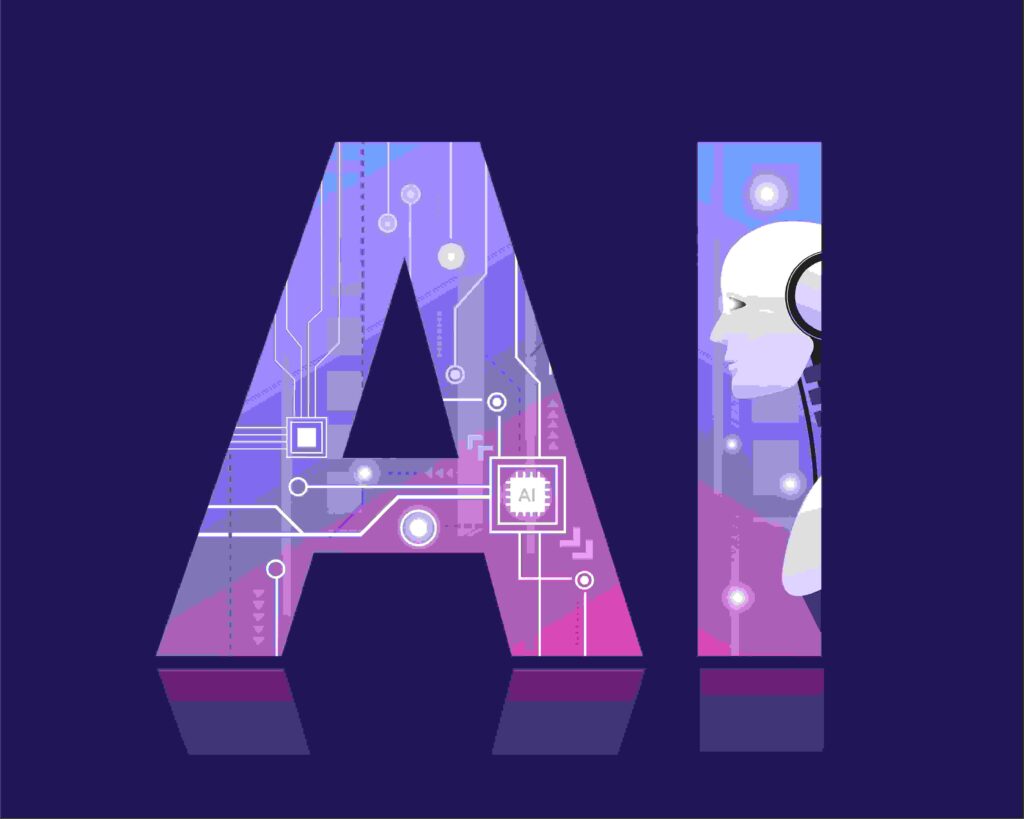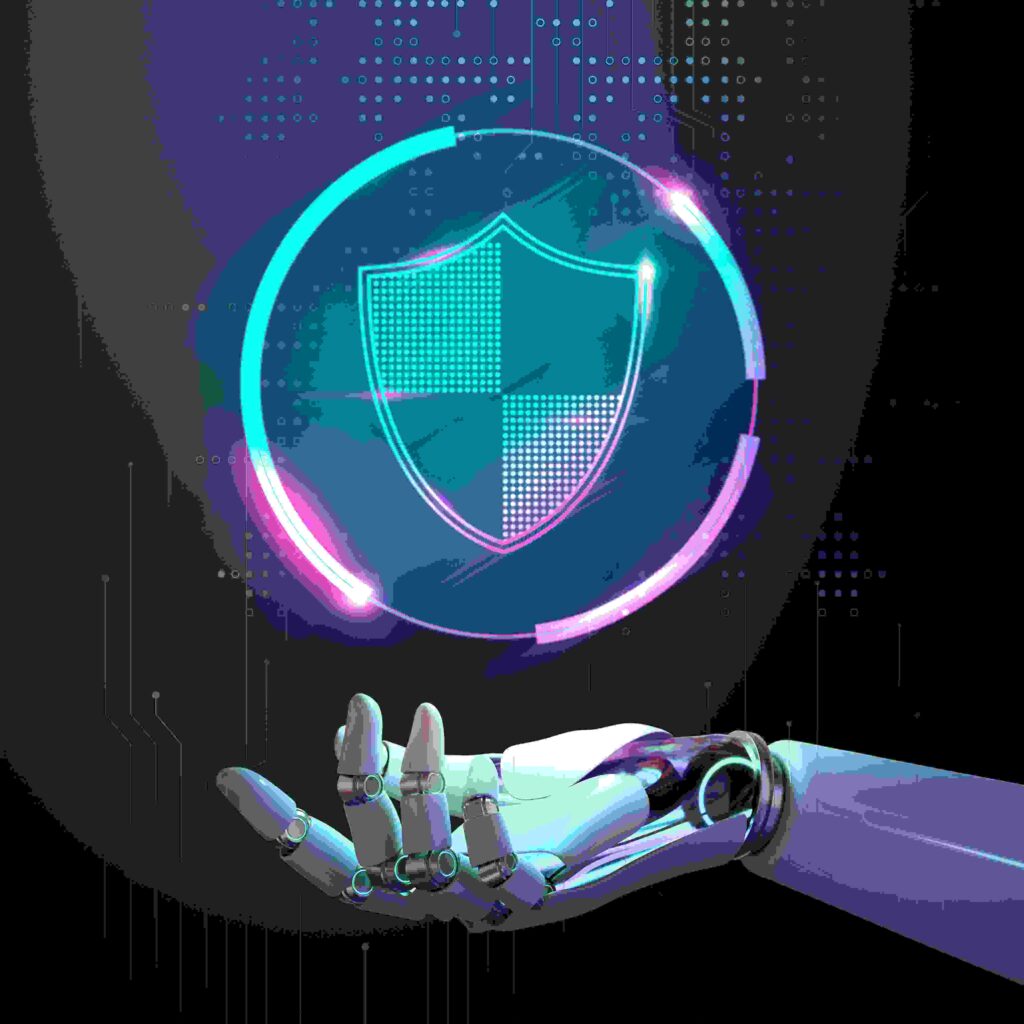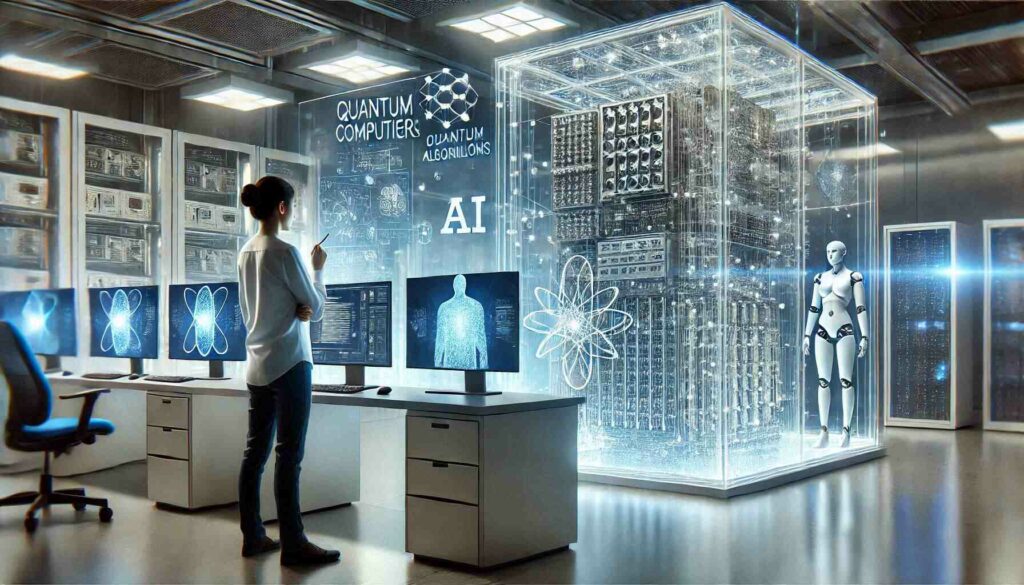This article explores the significance of AI in marketing, the skills gained through certification, practical applications of AI tools, and recommended courses to build expertise in this domain.

Why AI Marketing Tools Are Essential
AI marketing tools streamline processes, improve customer targeting, and enhance decision-making. These technologies help businesses analyze data, predict trends, and deliver personalized experiences.
Key Benefits of AI Marketing Tools:
- Data-Driven Insights: AI analyzes vast amounts of customer data to identify patterns and opportunities.
- Personalized Campaigns: AI platforms enable tailored messaging, improving customer engagement and conversion rates.
- Efficiency and Automation: By automating repetitive tasks like email campaigns and social media scheduling, AI tools free up time for strategic planning.
- Predictive Analytics: AI tools forecast trends and customer behavior, enabling proactive marketing strategies.
Related Reading: Learn how AI is transforming marketing strategies in Forbes’ blog on 4 AI Tools Marketers Should Consider For Their Stack
Skills Covered in an AI Marketing Tools Certification
An AI marketing tools certification provides hands-on training and strategic insights to optimize marketing efforts. Key skills include:
1. Understanding AI in Marketing
Learn how AI technologies like machine learning, natural language processing (NLP), and predictive analytics are applied in marketing.
2. Tool Mastery
Gain proficiency in popular AI marketing tools such as HubSpot, Salesforce Einstein, and Adobe Sensei. These platforms streamline marketing operations and deliver impactful results.
3. Campaign Automation
Understand how to use AI to automate email marketing, social media scheduling, and ad targeting for efficiency and scalability.
4. Customer Segmentation and Personalization
Learn to analyze customer data and segment audiences for hyper-personalized campaigns that drive engagement.
5. Ethical AI in Marketing
Understand the importance of ethical AI practices, including data privacy compliance and reducing algorithmic bias in marketing campaigns.
External Resource: For insights into marketing automation, explore HubSpot’s Marketing Automation Guide.
Recommended Certification:
1)AI CERTs – AI+MarketingTM
The AI CERTs AI+ Marketing Certification is designed for for marketing professionals and business leaders eager to harness the power of artificial intelligence to revolutionize their marketing strategies. Through this program, participants will delve into the core of AI’s impact on marketing, from automating customer segmentation to personalizing campaigns and analyzing big data for actionable insights.
Use the coupon code NEWCOURSE25 to get 25% OFF on AICERTs certifications. Don’t miss out on this limited-time offer! Visit this link to explore the courses and enroll today.
How AI CERTs Can Help You Excel in AI-Powered Marketing
AI CERTs offers a comprehensive selection of courses tailored to different aspects of AI in marketing. These programs are designed to help marketing professionals understand the core elements of AI and how they can be applied in real-world business scenarios. Whether you’re new to the concept or already working in the industry, AI CERTs provides a pathway to mastering AI-driven marketing techniques.
2) Udacity – AI for Marketing
Udacity offers this AI for Marketing course, which provides hands-on learning about the integration of AI into digital marketing strategies. This course includes real-world applications of AI tools in personalization, customer insights, and ROI maximization.
Link to Udacity AI for Marketing course
Real-World Applications of AI Marketing Tools
AI marketing tools are transforming how businesses connect with customers. Here are some practical applications:
1. Email Marketing Automation
AI tools like Mailchimp and Salesforce Einstein optimize email campaigns by determining the best times to send emails, crafting personalized subject lines, and segmenting audiences.
2. Chatbots and Conversational AI
Platforms like ChatGPT and Drift use AI to engage customers in real-time, answering queries and guiding them through the buyer journey.
3. Social Media Management
AI tools such as Hootsuite and Buffer analyze audience behavior to suggest optimal posting times and content ideas, boosting social media engagement.
4. Predictive Analytics for Ad Targeting
AI-driven tools like Google Ads Smart Bidding optimize ad spend by predicting which customers are most likely to convert, maximizing ROI.
Benefits of AI Marketing Tools Certification
Obtaining an AI marketing tools certification offers numerous advantages for professionals and organizations:
1. Enhanced Marketing Skills
Certified professionals gain in-depth knowledge of AI tools, enabling them to execute data-driven campaigns effectively.
2. Career Advancement Opportunities
AI expertise is in high demand, with certifications signaling proficiency to employers and increasing career prospects.
3. Improved Campaign Performance
AI marketing tools drive higher engagement and conversion rates, making campaigns more impactful and cost-efficient.
4. Future-Proofing Your Skills
As AI becomes integral to marketing, certifications ensure professionals stay ahead in the rapidly evolving industry.
External Resource: Read about the growing demand for AI marketing skills in Forbes blog on Artificial Intelligence And The Future Of Marketing

Challenges and Ethical Considerations
While AI marketing tools offer immense potential, they also raise challenges that marketers must address:
1. Data Privacy and Compliance
AI relies on large datasets, raising concerns about user privacy. Certification programs emphasize compliance with regulations like GDPR and CCPA.
2. Algorithm Bias
AI systems can inadvertently reflect biases, affecting campaign outcomes. Training helps marketers identify and mitigate bias in AI algorithms.
3. Technology Adoption
Integrating AI tools into marketing strategies requires technical skills and a shift in mindset. Certifications provide the foundational knowledge needed for seamless adoption.
The Future of AI Marketing Tools
As AI evolves, its role in marketing is expected to grow significantly, with emerging trends shaping its applications:
- Hyper-Personalization: AI will enable marketers to create personalized campaigns at scale, improving customer engagement.
- Voice and Visual Search Optimization: AI tools will optimize content for voice and image-based searches, catering to changing consumer behavior.
- Advanced Predictive Analytics: AI will enhance predictive modeling, enabling marketers to anticipate customer needs with greater accuracy.
Professionals who pursue an AI marketing tools certification will be at the forefront of these advancements, driving impactful campaigns and innovation in the marketing landscape.
























